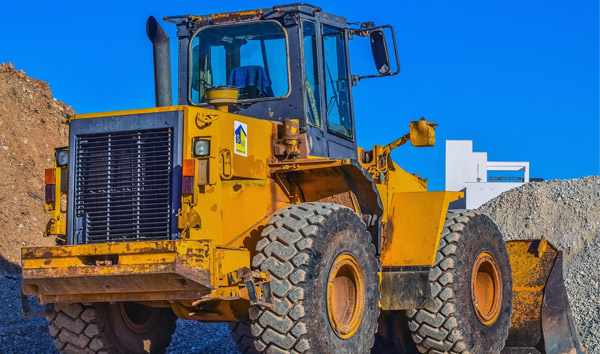Navigating the Challenges: Technical Specifications of Rough Terrain Forklifts
2025-08-15 04:00:31
Rough Terrain Forklifts are designed to operate efficiently on uneven, muddy, or rocky surfaces, making them a critical asset in industries where conventional forklifts would falter. These machines typically feature large, rugged tires with deep treads, ensuring optimal traction even in the most challenging conditions. The technical specifications of rough terrain forklifts often include high ground clearance, reinforced chassis construction, and powerful diesel or hybrid engines capable of delivering substantial torque for heavy lifting.
One of the defining technical specifications of rough terrain forklifts is their load capacity, which can range from 5,000 to 36,000 pounds, depending on the model. Unlike warehouse forklifts, these machines are built with reinforced masts and hydraulic systems to handle bulky materials like steel beams, lumber, and construction debris. Additionally, their four-wheel drive (4WD) capability ensures stability when navigating inclines or rough surfaces, a feature that sets them apart from standard forklifts.
Another critical aspect of rough terrain forklifts is their engine performance. Most models are equipped with turbocharged diesel engines, providing the necessary power for both lifting and mobility in off-road environments. Some advanced models even incorporate emission control technologies to comply with stringent environmental regulations. The integration of hydrostatic transmissions allows for smooth acceleration and precise control, further enhancing operational efficiency in rough terrain applications.
Safety features are also a key component of rough terrain forklift technical specifications. Operators benefit from rollover protection structures (ROPS), anti-slip steps, and advanced braking systems designed to prevent accidents on unstable ground. Furthermore, modern models often include telematics systems for real-time monitoring of performance metrics, enabling proactive maintenance and reducing downtime.
In conclusion, rough terrain forklifts are engineered with specialized technical specifications to meet the demands of outdoor and industrial applications. Their robust construction, high load capacity, and advanced safety features make them indispensable in sectors where conventional forklifts cannot operate effectively. As technology advances, we can expect further innovations in rough terrain forklift design, enhancing both performance and sustainability.













